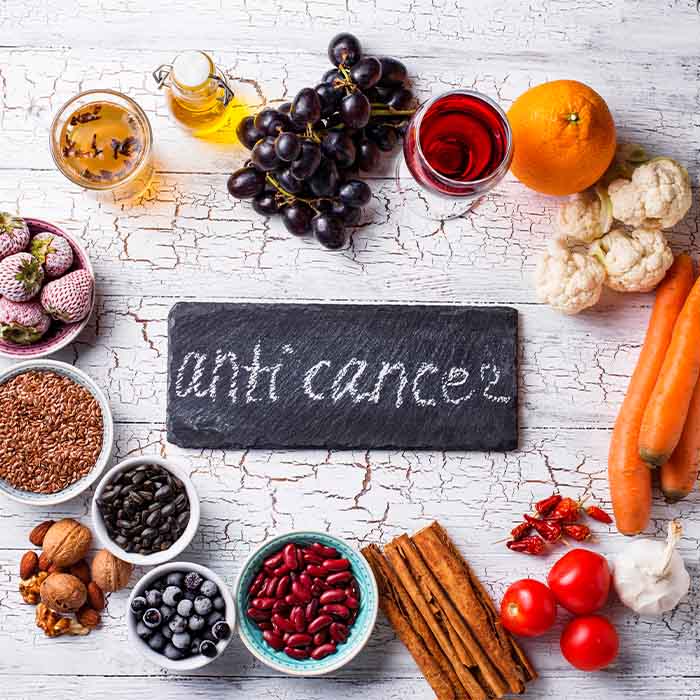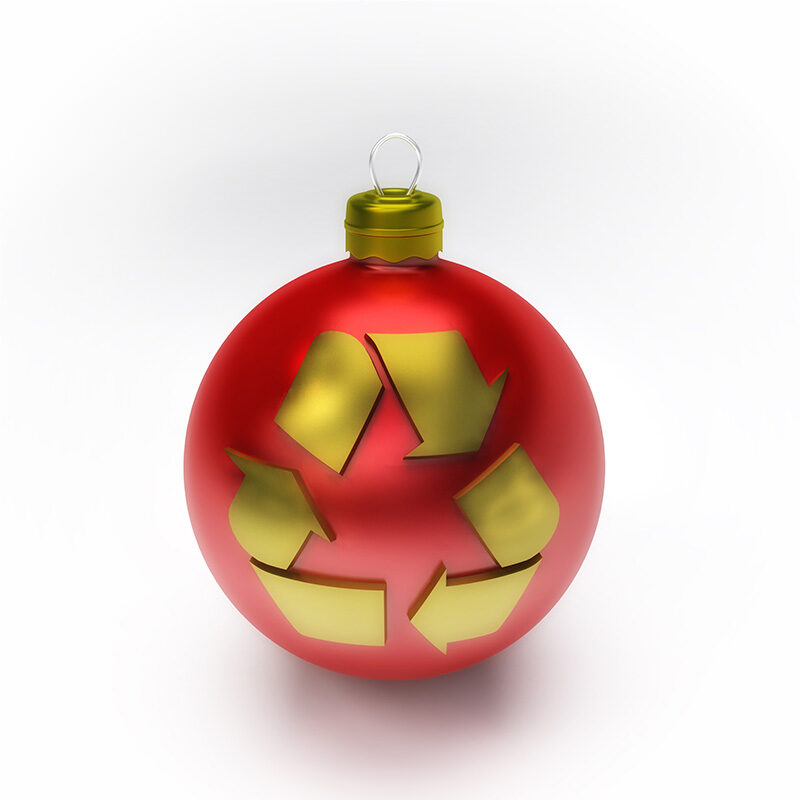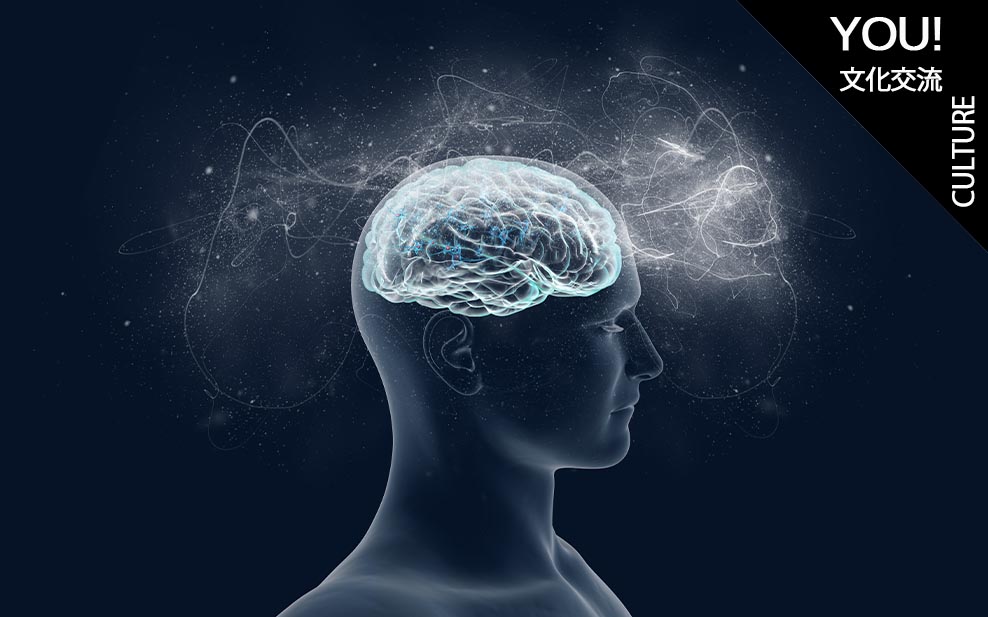
Prefer not to read? WELL, listen to this article by clicking on the player
Published in 2006, Bruce Lipton’s The Biology of Belief has become a best-selling classic within the genre of self-improvement and human psychology. It’s now considered a foundational text in the burgeoning field of epigenetics, described by the CDC as “the study of how your behaviours and environment can cause changes that affect the way your genes work.”
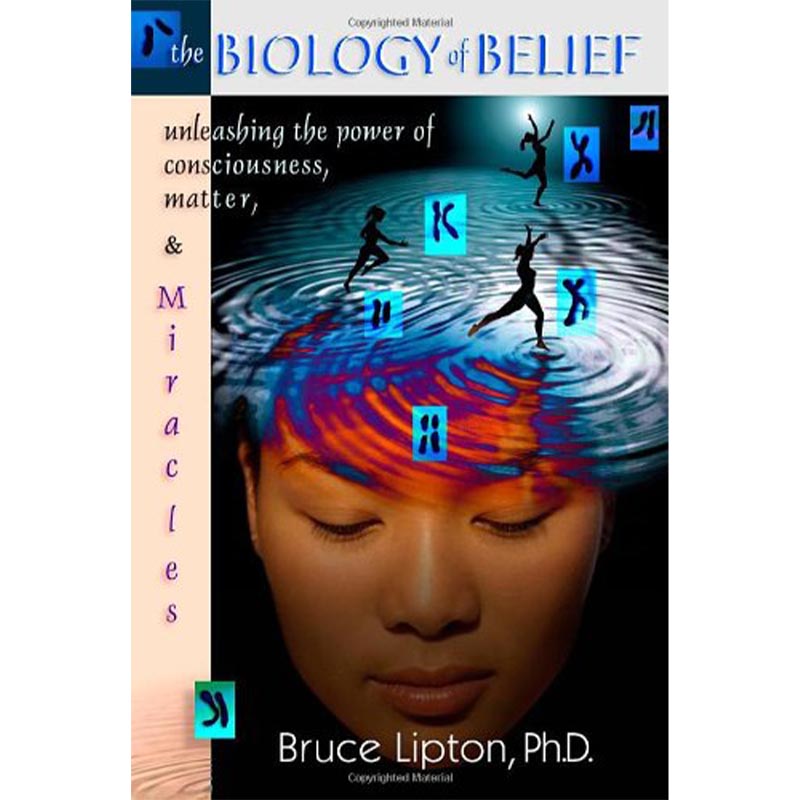
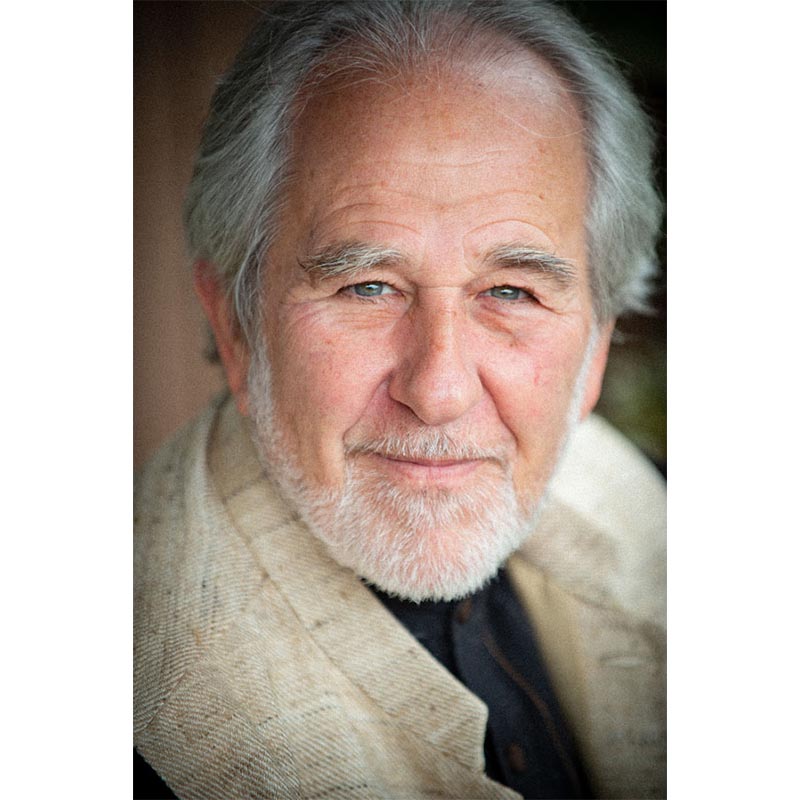
As the title infers, the main argument of the book is that the beliefs we tell ourselves control our physical and spiritual health. Such an argument isn’t earth shattering. What makes Lipton’s thesis stand out, however, is how he uses well-researched evidence to show exactly how pre-determined genetics alone do not dictate our success or failure in life. Furthermore, he illustrates a bigger-picture vision connecting biology to a more “conscious” way to view human psychology and the larger environment we are all a part of.
The book flows quite nicely and is a quick read (or listen, if you use Audible like me). Lipton first shares his personal journey as a biology professor and how he came to realize a new way of understanding human psychology. He then explains in a detailed, yet comprehendible manner what cell biology can teach us about human behaviour and health.
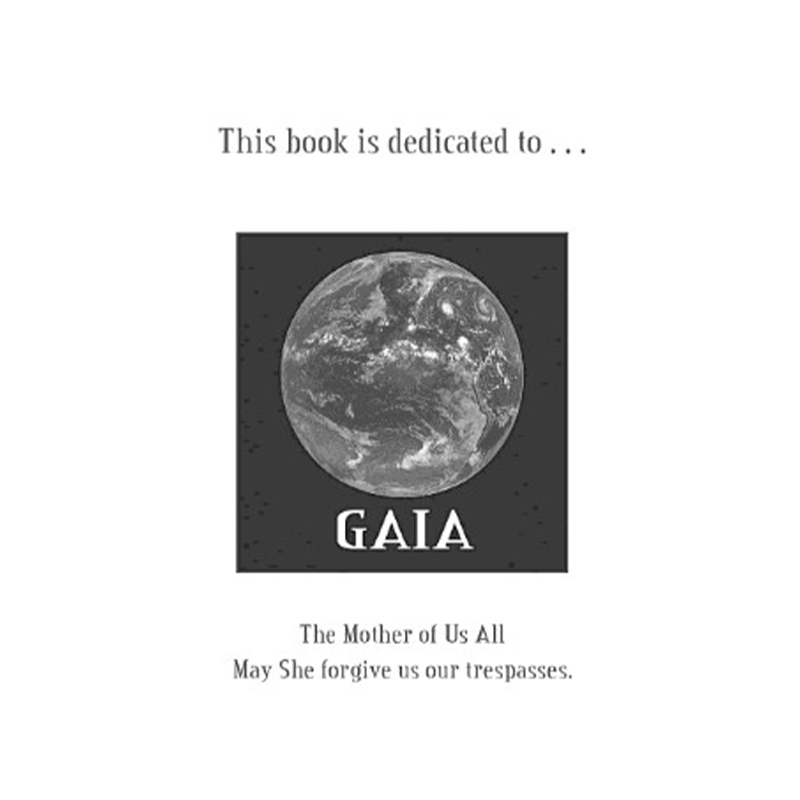
Next, he forays into how his insights about cell biology can reframe our thinking on a host of topics, including but not limited to the influence of genetics vs. environment, self- control and even parenting. Perhaps his most captivating arguments can be found in the epilogue, where he pontificates on the human “spirit” and the afterlife.
In order not to give away all of Lipton’s secrets and to compel you to go and read this book yourself, I’ve compiled 3 “Woah” moments I had while reading.
1. Woah moment #1- There is scientific proof that spiritual energy affects our genes
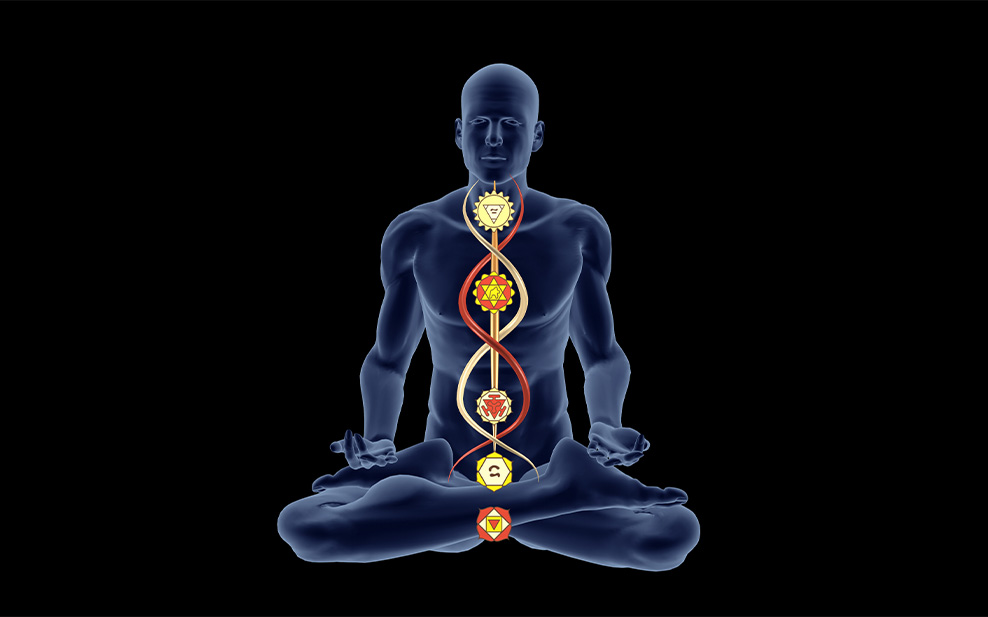
As mentioned above, if you read any part of the book, you may want to flip to the epilogue. In it, Lipton reveals the amazing cases of spiritual memory present in human cell biology. From transplant patients inexplicably remembering details of their organ donor’s life, to children knowing details of others’ “past lives”, to the near-death experiences of heart attack patients, Lipton illustrates that our individual imprints do live on spiritually in some manner.
One example in particular blew my mind. Lipton mentions the case of a liver transplant patient who, after receiving her liver from a murder victim, started having vivid dreams. Her dreams included detailed visions of the person who donated their liver to her- so much so that she was able to identify to the police who murdered her donor!
That story, among others, proves to me that modern medicine doesn’t give enough credit to the role of the “spirit” in our bodies. Certainly, dismissing discussion of spiritual energy as all “woo-woo” is not a folly we should fall victim too.
2. Woah moment #2- There is hope for all of us to improve our lives
The crux of Lipton’s philosophy is rooted in positivity. He attacks the outdated idea that we are victims of our genetic make-up, determined by our parents. He argues that while genes do play a role, how they express themselves in the body is determined by our environment and our subconsciousness wiring. Things that can, in fact, be changed for the better.
Using a plethora of examples, both data driven and his own personal experiences, Lipton makes it impossible to refute that we are in fact masters of our lives, more so than we usually care to recognize. As he points out, “We are not victims of our heredity, we are the master of our heredity because we can change things.”
3. Woah moment #3- Alternative therapies, often poo-pooed by modern medicine, can and do work “miracles”

A really cool part of Lipton’s work discussed in the book is hs explanation of therapies that currently exist –and the ones being further developed– to help rewire our thoughts and therefore shift into more healthy lives. He mentions Phyc-K, hypnosis, and a bunch of other therapies that I knew little about.
For instance, in the addendum, Lipton tells the story of a woman who struggled with public speaking her whole life who used Phyc-K to change her life. At a lecture event she volunteered to work with Lipton’s colleague to see if she could quell her fears. After just 10 minutes of therapy, which included repeating key phrases and rewiring her beliefs about herself, she saw a remarkable improvement in her confidence. “The change was astonishing. Not only was she visibly more relaxed, she began talking to the audience in an excited, yet confident voice… She not only got over her fear of public speaking, but even went on to organize toastmasters in her community.”
Sounds a bit like some pre-scripted miracle, right? Yes, perhaps, but when you combine her story with the countless others, the evidence tends to point to a closer look at alternative therapies being in order. While Phyc-K and other therapies such as hypnosis are certainly not all encompassing–as critics will promptly point out– there is certainly an under-emphasis on non-medicative therapies to heal ailments. Especially in light of the business interests of the pharmaceutical industry and our over reliance on medication, which Lipton describes in scary detail, it’s important to not pre-judge possible natural cures to ailments.
While I don’t necessarily agree with all of Lipton’s viewpoints and have yet to understand fully the persona he has built around his lectures and trainings (admittedly I have my guard up when being sold self-improvement), I would highly recommend this book. At the very least, I can guarantee you will have a few “woah” moments of your own.
After completing this book I did some more research- there are a lot of videos on YouTube you can check out of Lipton’s lectures to get familiar:
There are also plenty of shorter videos you can choose from as well. Many are meditations or daily practices.
Written exclusively for WELL, Magazine Asia by Jackson Kelleher.
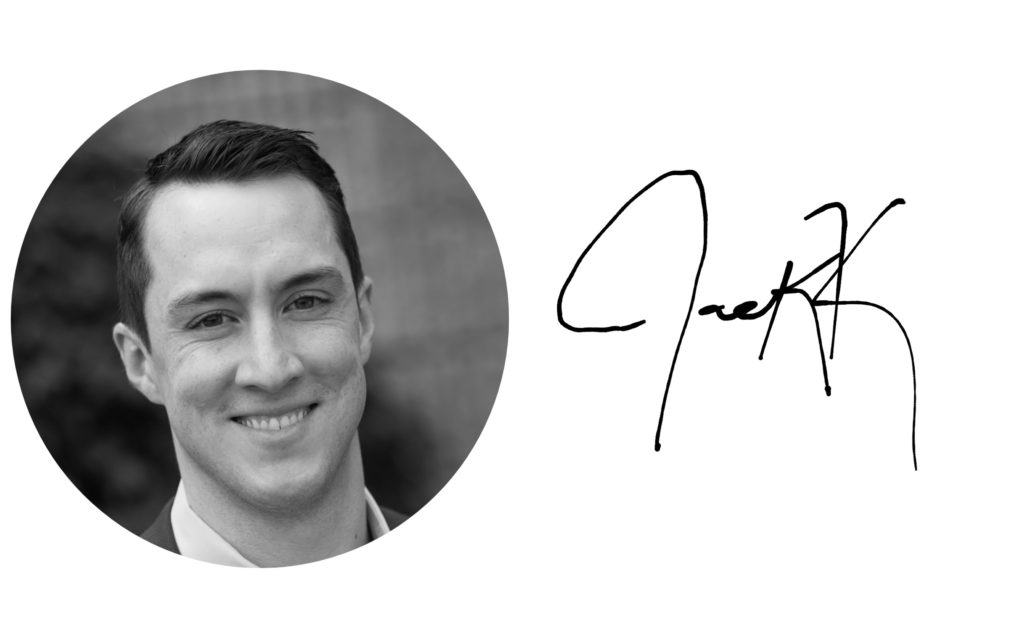
Thank you for reading this article from WELL, Magazine Asia. #LifeUnfiltered.
Connect with us on social media for daily news, competitions, and more.
